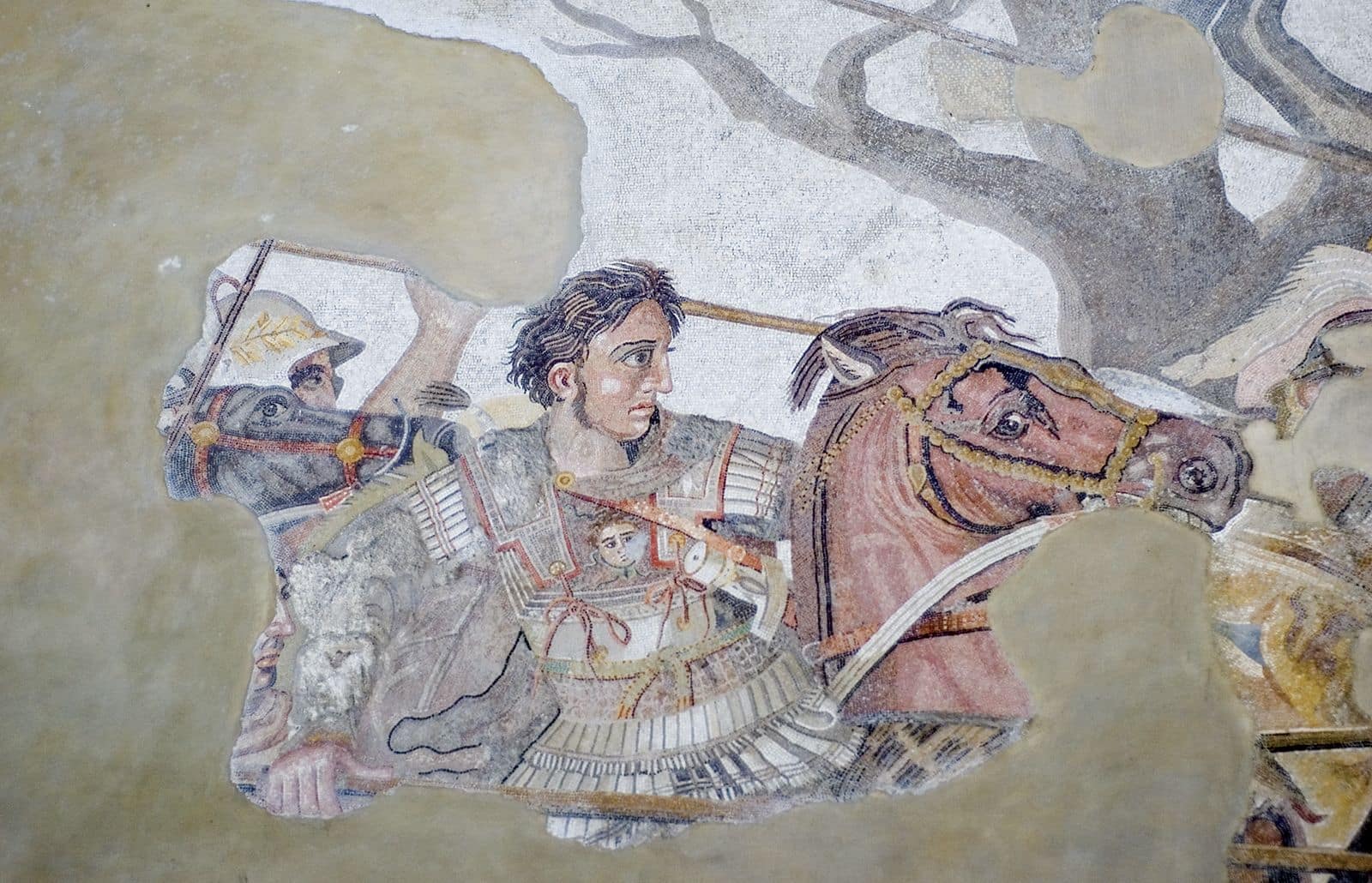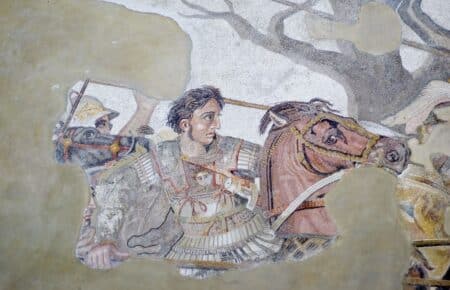
The History of Alexander the Great
Alexander the Great was a Greek king. He ruled over the ancient Greek kingdom of Macedon and succeeded his father Philip II on the throne in 336 BC. He spent most of his rule conducting a military campaign in Western Asia and northeastern Africa. In his short reign, he conquered more than 30 nations. In the process, he established himself as one of the most powerful and influential rulers in history.
His conquest of the Middle East led to the creation of many empires and sub-continents. His success is largely credited to his shrewd tactics and skill. He was hailed as a classical hero in the tradition of Achilles. His undefeated military career became a measure of military success and military leaders worldwide. His tactics are still taught at military academies around the world.

After conquering the Mediterranean
Alexander remained in Egypt for more than two years. After his defeat by Darius, he returned to Tyre to face his rival, the Persian king, who had invaded the region. But this time, Alexander had a purpose in mind. He believed that his power was divine, and was thus unable to fight against Darius until he returned to his home country. A new life was possible for Alexander the Great.
While studying Alexander the Great, one must take into account his cultural influence. His influence was far-reaching. After conquering the Greeks, he established colonies of Macedonians. These settlers were responsible for disseminating Greek culture throughout the region. These people were the ultimate ambassadors of Greek culture. Their descendants continued the legacy of his empire. The Macedonians were the greatest exports of the Greek culture to the whole world.
During his career
Alexander the Great fought numerous wars. He was wounded in his shoulder, head, thigh, and chest. His leg was broken and his thigh was fractured. His son was the only king to survive his father. As a result, his children were raised by the Greeks, and his legacy continues to this day. In spite of his numerous wounds, he remained a strong role model for other kings.
Alexander’s all-conquering tour began in Asia Minor, where he conquered the people of a wide range of countries. His military expeditions eventually crossed into Persia, Assyria, and Bactria. In the process, Alexander pacified the region of central Asia and made its inhabitants obedient. Thereafter, his success was determined by the number of cities he conquered.
The path of Alexander’s reign in Asia was not without bloodshed. Nevertheless, he had achieved his goal, and the Greeks were forced to recognize his supremacy. His military achievements enabled the Macedonians to conquer their neighboring countries. However, his era also had a traumatic impact on the lives of their people. While his success was temporary, the emperor’s rise made him unpopular and feared throughout the entire world.
The army of Alexander the Great organized and led by Philip II of Macedon. The invasion was a colossal feat in ancient history, and it involved a huge amount of supply and equipment. The Greeks had no idea of the extent of their power. They only needed to convince the Persians that they would have to give up their land. But as their power grew, they did not surrender. With this victory, the entire Greek empire conquered.
The empire of Alexander the Great lasted from the Adriatic Sea to the Indus River
The empire of Alexander’s successors, known as the Seleucids, continued to dominate the world for centuries. While his empire was enormous, it was still far from the size of the Roman empire today. In 334 BC, he invaded India and defeated King Porus. He then conquered Greece. The victory was bitter and tragic for the Macedonians.
Despite his greatness, his rule was based on personal and political ambition. After defeating the Persians, he expanded his empire from the Adriatic Sea to the Indus River. The Greeks ruled by the Macedonian kings. The Persians ruled a vast part of the world. After conquering a number of territories, Alexander stayed on for a second term and later died in Babylon.

Comments (0)